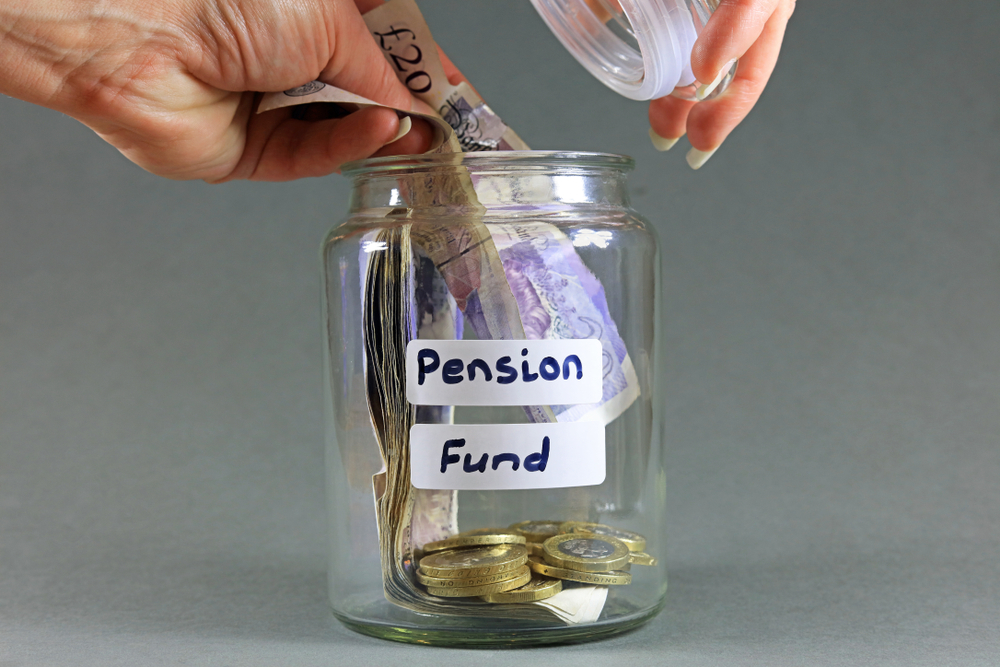News
Low earners miss out on £122m in pension contributions due to Covid

A third of low earners have reported a decline in their finances during the pandemic, according to research.
A study by Scottish Widows found one in five (18 per cent) people earning between £10,000 and £20,000 a year experienced a drop in income since the start of the Covid crisis.
More than half (54 per cent) are now concerned about running out of money in their later years and a quarter (23 per cent) expect to work “until they drop”.
As a result of job and income losses, Scottish Widows estimates that low earners have missed out on a combined £122m in pension contributions from their employers during the pandemic – a figure that almost triples to £325m when including personal contributions.
The pension provider is calling for urgent reforms that would entitle those on low incomes to continue to receive employer contributions even if they couldn’t afford their employee contributions during a period of financial hardship.
Pete Glancy, head of policy at Scottish Widows, said: “Covid 19 has had a massive impact on the nation’s finances, particularly on those who were already struggling financially. Those working from home have benefited from reduced commuting costs and everyday expenses, allowing them to boost their savings. But those on lower incomes – and less likely to have worked at home during the pandemic – have seen their finances hit hard and are leaning on savings to cover bills and short-term needs.”
Cause for optimism
There is, however, some cause for optimism as the proportion of people saving adequately for retirement – those putting away the recommended minimum 12 per cent − reached a record high of 61 per cent this year, the report found.
This progress is being driven by young savers, with six per cent more 30–39-year-olds now saving adequately compared to last year. This is due to lower living costs, as well as the government’s decision to continue supporting pension payments through the Coronavirus Job Retention Scheme (CJRS) for those working in shutdown sectors.
Glancy added: “While 12 per cent of earnings going into your pension will provide a basic standard of living in retirement, a minimum of 15 per cent is more realistic for anyone hoping to enjoy a more comfortable retirement. And there are great swathes of the working population – for example, the self-employed and those earning less than £10,000 – for whom auto-enrolment doesn’t apply. A radical rethink is now required to tackle the post-pandemic challenges.”